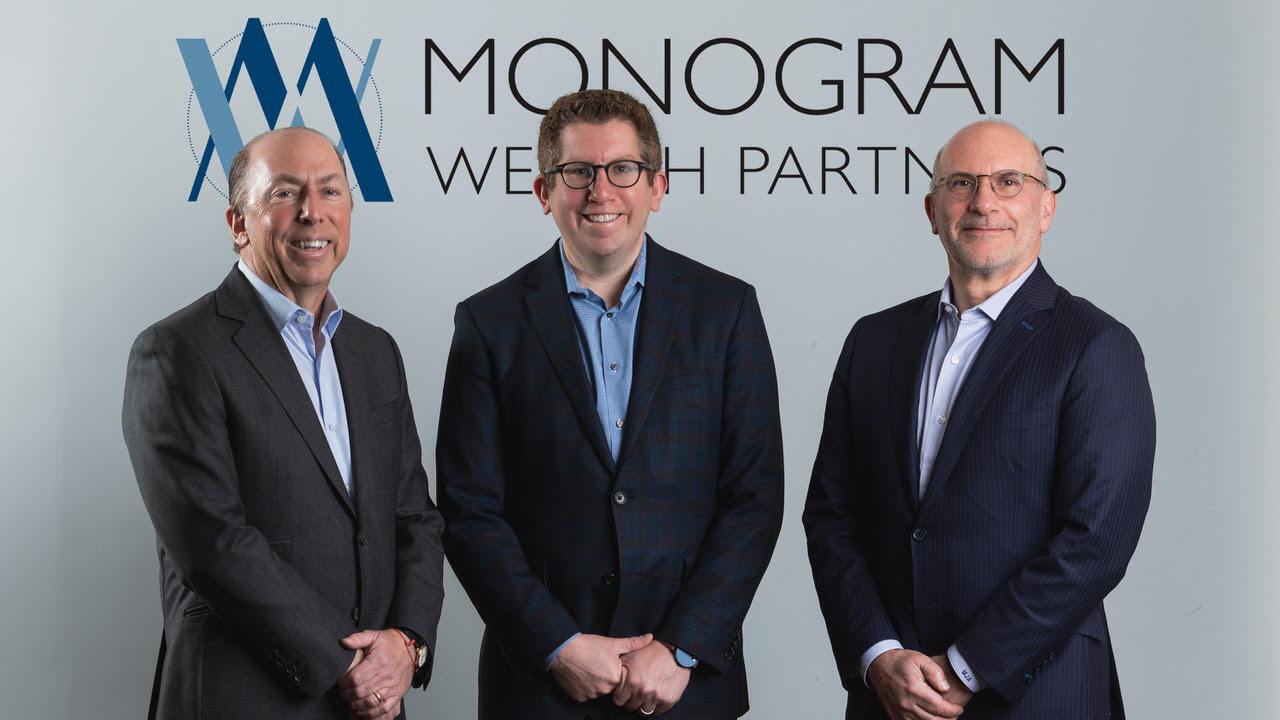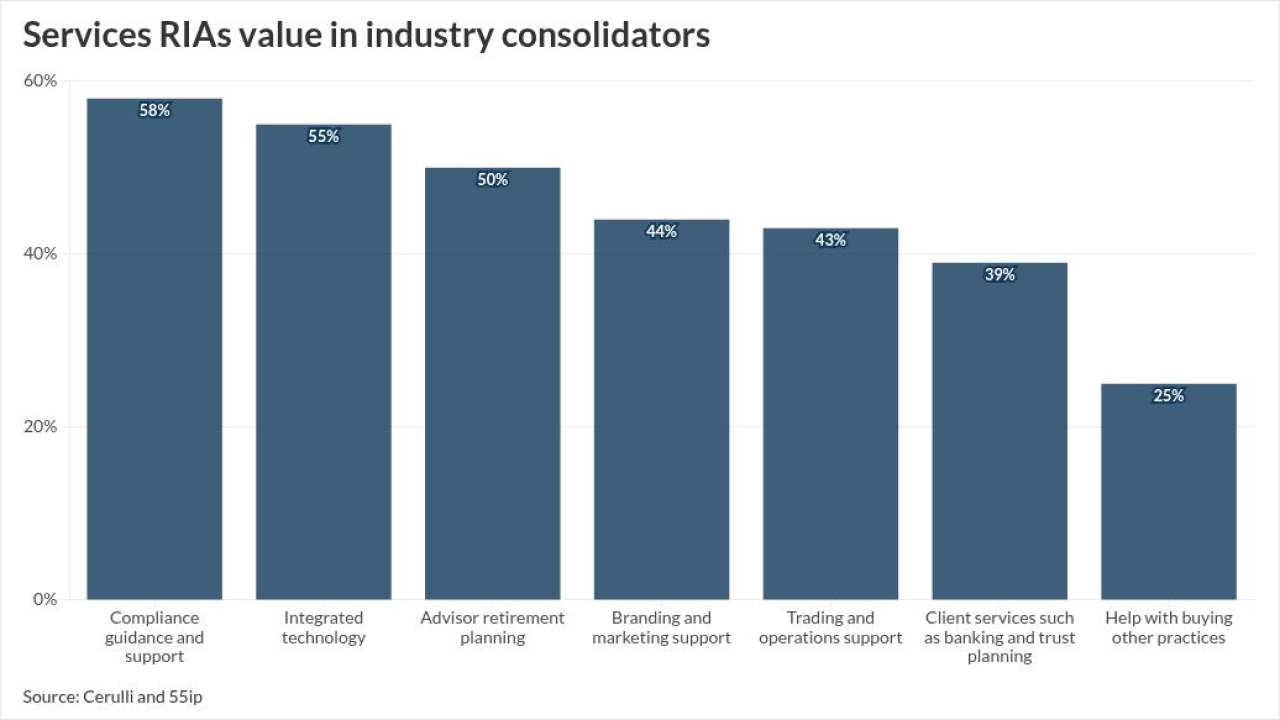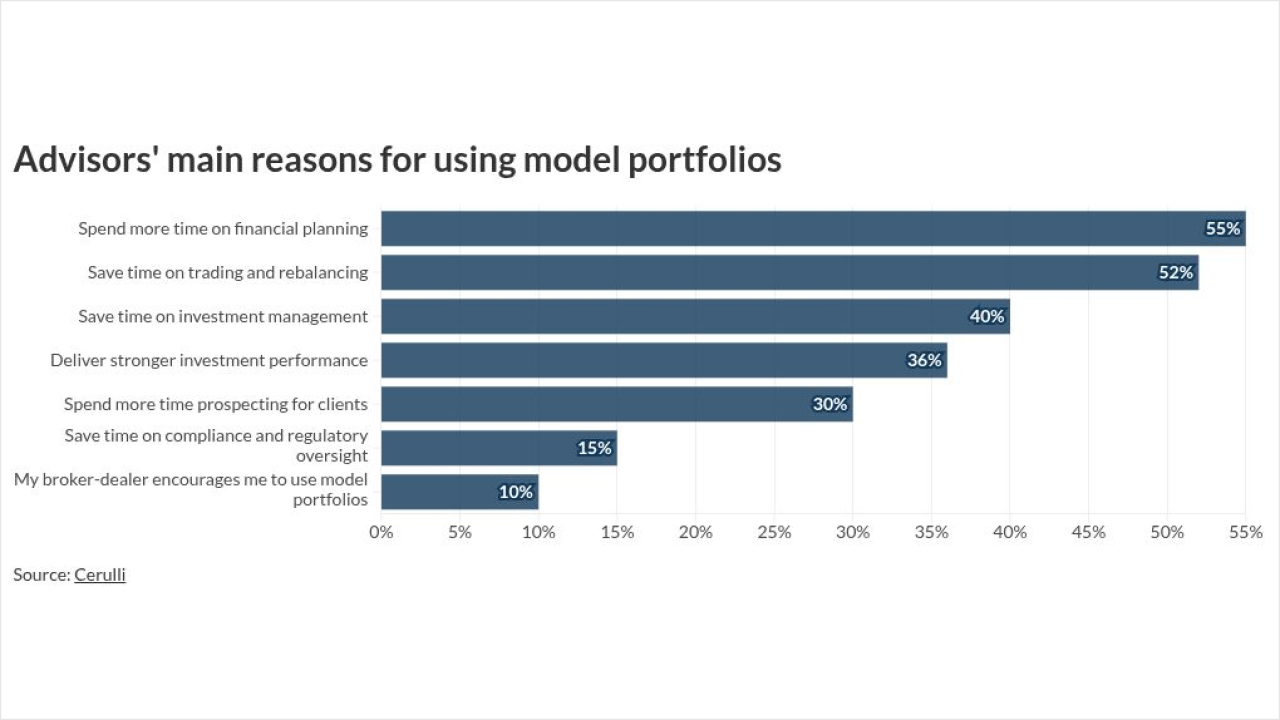Goldman Sachs Group isn’t known for its largesse, but when it comes to ETFs the Wall Street giant is almost giving handouts to its customers.
These funds have the smallest beta scores, either positive or negative, indicating the least variability from market returns.
The firm’s asset management arm is now offering some of the cheapest smart-beta funds, including a new one that will charge just nine basis points for a portfolio with exposure to a basket of large-cap stocks that all have the same allocation, a regulatory filing on Monday shows. That’s less expensive than any other comparable equal-weighted fund, as well as the world’s largest and most traded ETF — State Street’s S&P 500 ETF Trust (SPY).

Building a successful ETF business has become a race to the bottom, as money managing Goliaths from BlackRock to Vanguard find lower cost products win business. Most of the savings have gone to investors in plain vanilla funds that are cheap to run, but Goldman is now pushing the fee war into more complex smart-beta strategies that shun indexes weighted by market capitalization in favor of other factors.
-
The firm has been building its passive business as investors dump active products.
July 31 -
Energy was likely a “headwind,” analysts wrote.
July 21 -
Although the funds experienced a combined $586 billion in outflows over the last two years, this segment reported inflows of $41 billion.
June 7
“Goldman has decided to be the Vanguard of smart beta, undercutting everyone on cost,” said Eric Balchunas, an ETF analyst at Bloomberg Intelligence. “The reason this is happening is that investors are responding — they aren’t just looking at cost, they’re obsessed with cost.”
It’s not the first time Goldman Sachs has shaken the status quo in ETFs. The firm’s first fund, which was set up two years ago and is skewed toward large stocks with value, momentum, low volatility and quality, also charges nine basis points. Two BlackRock dividend-focused funds charge less than Goldman Sachs, data compiled by Bloomberg show
Goldman’s new fund charges less than half the fee of a similar ETF run by Guggenheim Partners. That $13.5 billion fund (RSP) has an expense ratio of 20 basis points, data compiled by Bloomberg show. Guggenheim cut the price from 40 basis points in June. Invesco is reportedly close to a deal to pay about $1.5 billion for Guggenheim’s ETFs.






